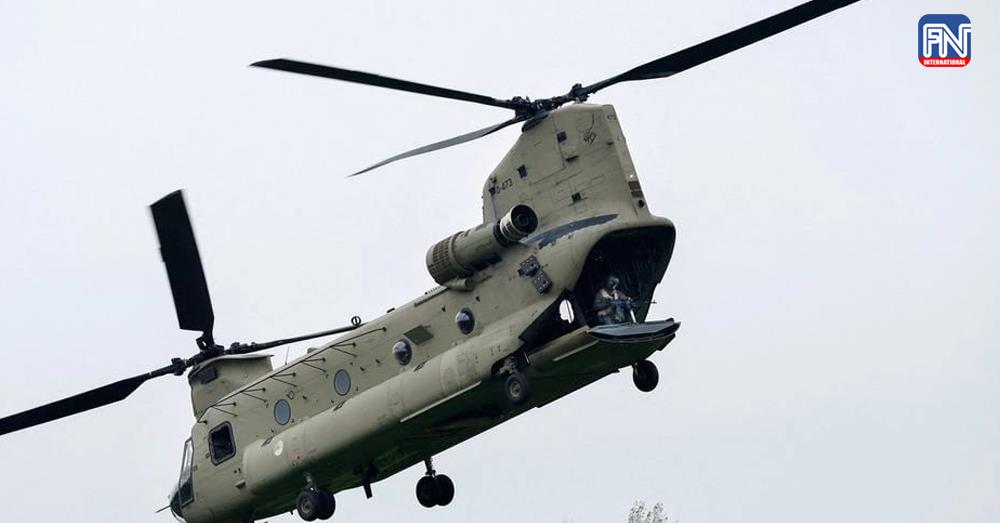BRUSSELS, Dec 17 (Reuters) - European Union states should buy arms jointly to replenish stocks after supplying Ukraine, said the bloc's defence agency, warning the United States may not always be able to shield Europe from threats.
"The Russian war of aggression against Ukraine demonstrates our capability shortfalls," said Jiri Sedivy, chief executive of the European Defence Agency, an EU body that helps the bloc's governments to develop their military capabilities.
The agency was in talks with European arms firms about boosting production, he said, as well as with countries about clubbing together to buy equipment and ammunition.
"What is important is that we would be able, the European Union, to become a credible provider of security in protecting citizens," he told Reuters, urging countries to heed U.S. calls to invest in defence.
"The United States will be inevitably engaged in Asia Pacific and not be able to provide some of the essential enablers such as strategic airlift, reconnaissance aircraft, precision-guided missiles and air defences."
He pointed also to the threat of terrorism and failed states in the Middle East or North Africa.
Europe has had a splintered approach to defence, with countries mostly equipping their military on their own, spawning a patchwork of incompatible weapons and equipment.
The war in Ukraine has confronted the region with its biggest challenge in a generation, exposing deep rifts in how to deal with Moscow.
Tens of thousands of people have been killed, millions more displaced and cities reduced to rubble since Russia invaded Ukraine on Feb. 24 in a "special military operation" that Kyiv and its allies call it an unprovoked war of aggression.
European defence spending topped 200 billion euros for the first time in 2021, rising 6% on the previous year, the strongest since the region started boosting military expenditure in 2015 following Russia's annexation of Crimea from Ukraine.
Without U.S. help, the EU would struggle to defend itself, lacking intelligence, reconnaissance aircraft and medium-range missile defence as well as amphibious ships and submarines, according to a 2020 report by the European Parliament.


